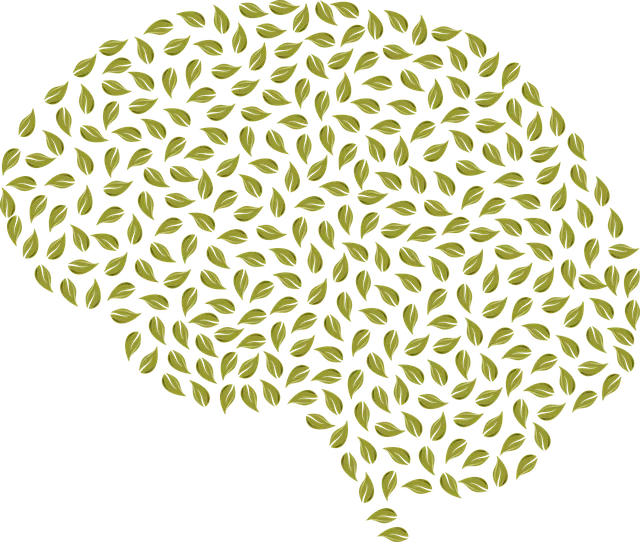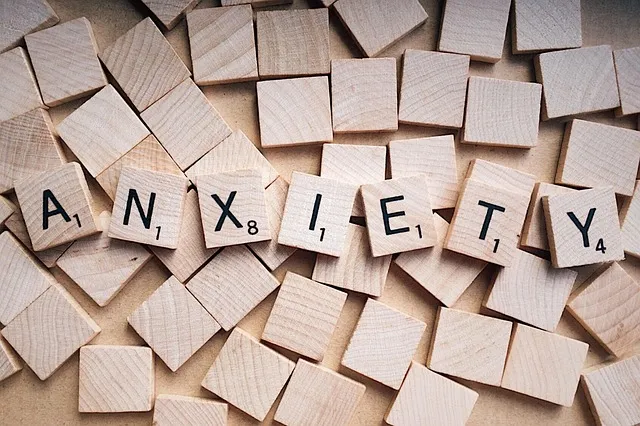The Kaiser Permanente Mental Health Access Center in Westminster leads community efforts to destigmatize mental illness through comprehensive services, workshops, and educational programs. By promoting mental wellness awareness, early intervention, and practical coping skills, they foster open conversations and break down barriers to mental healthcare access for all.
Mental illness stigma remains a significant barrier to accessing care, particularly in communities like Westminster. This article explores comprehensive efforts to reduce stigma, drawing insights from the Kaiser Permanente Mental Health Access Center, Westminster. We delve into understanding stigma’s impact on help-seeking behaviors and present strategies including community engagement initiatives, educational programs aimed at breaking down stereotypes, and supportive services that foster recovery. By examining these approaches, we aim to illuminate effective paths towards a more inclusive and supportive society for those facing mental health challenges.
- Understanding Stigma: Barriers to Seeking Help at the Kaiser Permanente Mental Health Access Center Westminster
- Community Engagement: Building Awareness and Promoting Understanding in Westminster
- Educational Initiatives: Breaking Down Stereotypes through Knowledge Sharing
- Supportive Services: Empowering Individuals on their Journey towards Recovery
Understanding Stigma: Barriers to Seeking Help at the Kaiser Permanente Mental Health Access Center Westminster

At the Kaiser Permanente Mental Health Access Center Westminster, understanding stigma is a key focus to encourage individuals to seek help for their mental health issues. Stigma often acts as a significant barrier, leading many to feel ashamed or embarrassed about their struggles. This can prevent them from reaching out and accessing much-needed support. The center aims to dispel these negative perceptions by promoting Mental Health Awareness and fostering an environment where people feel safe to talk openly about their experiences.
One of the strategies employed is through Inner Strength Development programs, which empower individuals to develop coping skills that challenge stigma-related beliefs. By providing education, resources, and a supportive community, the center helps people recognize their resilience and take proactive steps towards managing their mental health effectively. Through these initiatives, the Kaiser Permanente Mental Health Access Center Westminster strives to break down barriers and create a more inclusive space for those facing mental health challenges.
Community Engagement: Building Awareness and Promoting Understanding in Westminster

In Westminster, community engagement plays a pivotal role in stigma reduction efforts for mental illness. The Kaiser Permanente Mental Health Access Center serves as a hub, offering comprehensive services and resources to promote mental wellness. Through various programs and initiatives, they aim to build awareness, dispel myths, and foster understanding within the local community. Interactive workshops, educational seminars, and peer support groups facilitate open dialogues about mental health, encouraging early intervention and reducing barriers to seeking help.
These engagement strategies extend beyond traditional outreach. Integrating practices like mindfulness meditation and stress reduction methods into community events and schools empowers individuals with tools to manage their mental well-being. Moreover, risk assessment training for mental health professionals ensures they are equipped to recognize and respond appropriately to escalating concerns, further contributing to a supportive network that encourages open conversations about mental illness in Westminster.
Educational Initiatives: Breaking Down Stereotypes through Knowledge Sharing

Educational initiatives play a pivotal role in reducing the stigma surrounding mental illness. By breaking down stereotypes and fostering understanding, these programs can significantly impact society’s perception. One notable example is Kaiser Permanente Mental Health Access Center in Westminster, which has been at the forefront of such efforts. Through various workshops and seminars, they provide a platform for knowledge sharing, focusing on self-awareness exercises and emotional well-being promotion techniques. These sessions aim to educate individuals about different mental health conditions, challenging misconceptions and promoting empathy.
The center’s approach extends beyond awareness; it offers practical solutions by integrating trauma support services. By addressing the root causes of many mental health issues, these initiatives ensure that people receive holistic care. This comprehensive strategy not only empowers individuals with knowledge but also encourages a supportive environment where seeking help for mental health concerns is normalized.
Supportive Services: Empowering Individuals on their Journey towards Recovery

Supportive services play a pivotal role in empowering individuals navigating their mental health journeys. Organizations like Kaiser Permanente’s Mental Health Access Center in Westminster offer comprehensive support, integrating various resources to foster recovery and enhance mental wellness. These centers typically provide a safe space for individuals to access counseling, therapy, and peer support groups, encouraging open discussions about mental illness.
Through innovative initiatives such as the Mental Wellness Podcast Series Production and carefully designed Mental Health Education Programs, these centers not only educate but also inspire hope. They equip individuals with stress management tools, promote self-care practices, and dispel myths surrounding mental health, ultimately fostering a more inclusive environment where support is readily available for those in need.
Stigma reduction is a multifaceted approach, as demonstrated by the various initiatives at the Kaiser Permanente Mental Health Access Center Westminster. By addressing barriers to seeking help through community engagement, educational programs, and supportive services, we can foster an environment that encourages open conversations about mental health. These efforts aim to break down stereotypes and empower individuals on their path to recovery, ultimately leading to a more inclusive and supportive society for those facing mental illness.






